Is bullying on the rise in Switzerland?
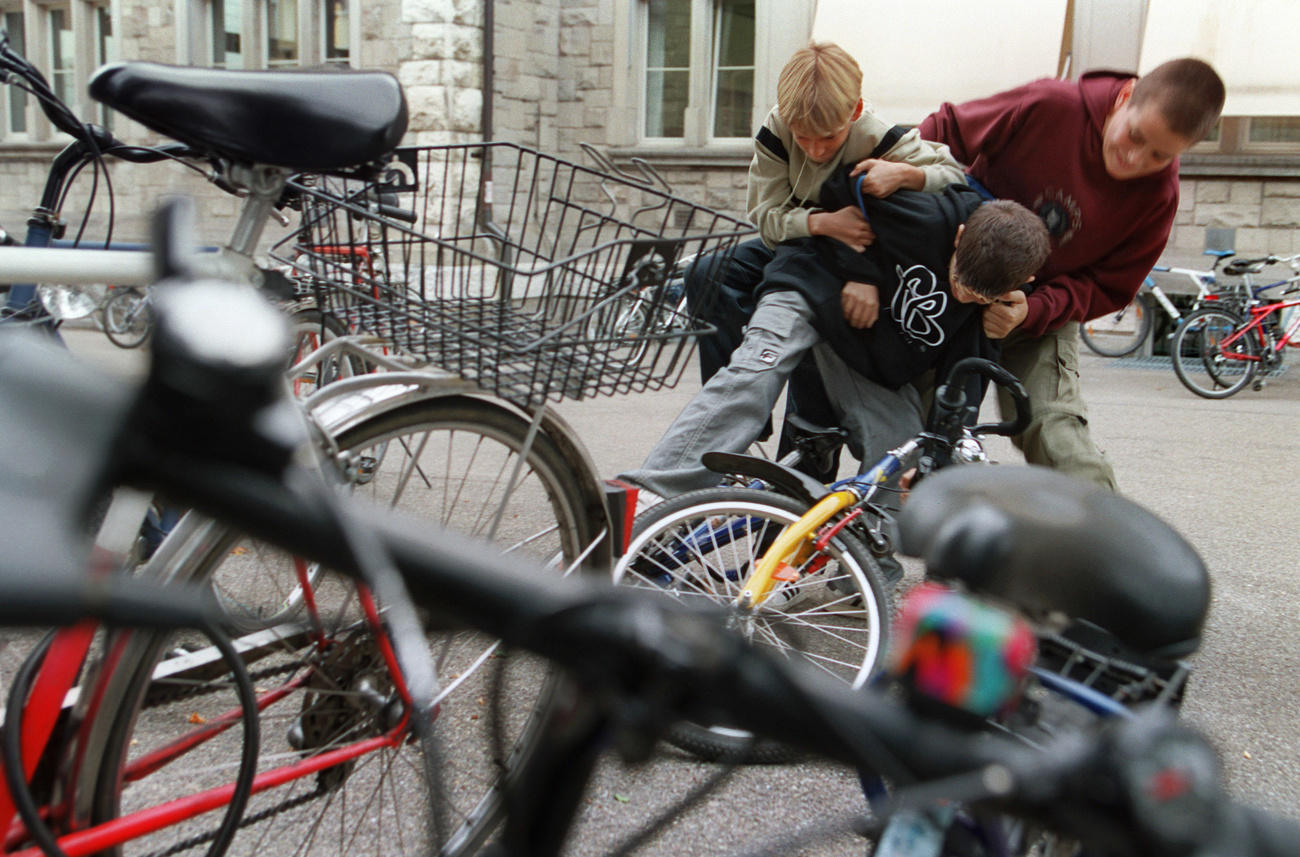
Bullying, especially physical harassment, seems to be on the increase in Swiss schools, according to data from the latest global PISA study. But how big a problem has bullying become in Switzerland?
The 2018 PISA surveyExternal link from the Organisation for Economic Co-operation and Development (OECDExternal link), published earlier this month, looked at the academic performance of 15-year-olds around the world. As we reported, the Swiss results were varied.
+ Swiss PISA 2018: down for reading, good at maths
The study also looked at pupil wellbeing – and here it found that 22% of pupilsExternal link in Switzerland said that they had been bullied at least a few times a month, close to the OECD average of 23%.
But the Swiss national report on PISA 2018External link, commissioned by the federal authorities and the Swiss Conference of Cantonal Ministers of Education (EDK), took a deeper delve into these statistics – and paints a more nuanced picture. It shows a rise in school bullying since the last PISA survey of 2015, with the rate of physical bullying more than doubling.
Overall, “no other country had a higher value” in a snapshot survey on bullying in eight comparable European countries (which included neighbours Germany, Italy and Austria, as well as Finland and Luxembourg). Switzerland (score 1.38) was also “significantly” ahead of France and Belgium (rated 1.32 and 1.29 respectively).
Mocking, rumours, violence
For example, 13 % of Swiss pupils said they had been laughed at or mocked by peers at least several times a month, up 2% on 2015; 11% said they had been the victims of rumours spread by others (a 4% rise) and 9% said things had been taken away from them or destroyed (an increase of 5%).
Most worrying: the number of pupils who said they had encountered physical aggression, such as hitting or being pushed around, more than doubled from 3% to 7%.
In its conclusions, the national report underlined that the pupils’ experiences were subjective. Nevertheless, it gave two reasons for the perceived rise: that there really had been a rise bullying over the last years; and that pupils were much better informed about issue than in previous times.
A problem?
There certainly seems a lot of stories about bullyingExternal link in the media: whether at school or on the way to school – many Swiss children walk to school. Earlier this year, a survey conducted by the federal authorities warned that Swiss schoolchildren were being exposed to worryingly high levels of cyber-bullyingExternal link.
Franziska Peterhans, general secretary of the Federation of Swiss TeachersExternal link, and herself a former teacher of PISA-age pupils, said that the Swiss findings on bullying were “alarming” and were probably due to a mix of an increase in awareness and in actual bullying. Parents and teachers also need to keep their eyes open, she told the Tages-Anzeiger newspaper.External link
Social media
Also key: social media which offers new ways of social exclusion; so all the class is involved, but no responsible adult. “This requires the services of the school social worker. There should not be any budget cuts here,” she said.
Thomas Brunner, from Pro JuventuteExternal link, a Swiss youth support organisation, told the WatsonExternal link news portal that young people feeling lonely – despite for example constantly being parts of groups on social media – also played a role. Bullying often arises as a way of feeling part of a group – you’re in with you take part.
“Bullying doesn’t take place in an isolated way between two people. Bullying is always trouble within a defined group,” he said.
Brunner said society should not turn a blind eye to bullying and should make it clear that harassment must not be tolerated, whether at school or in the office.
Attitudes to bullying
In terms of bullying, 82% of students in Switzerland (and 88% of students on average across OECD countries) agreed or strongly agreed that it is a good thing to help students who cannot defend themselves. 86% agreed or strongly agreed that it was wrong to join in bullying.
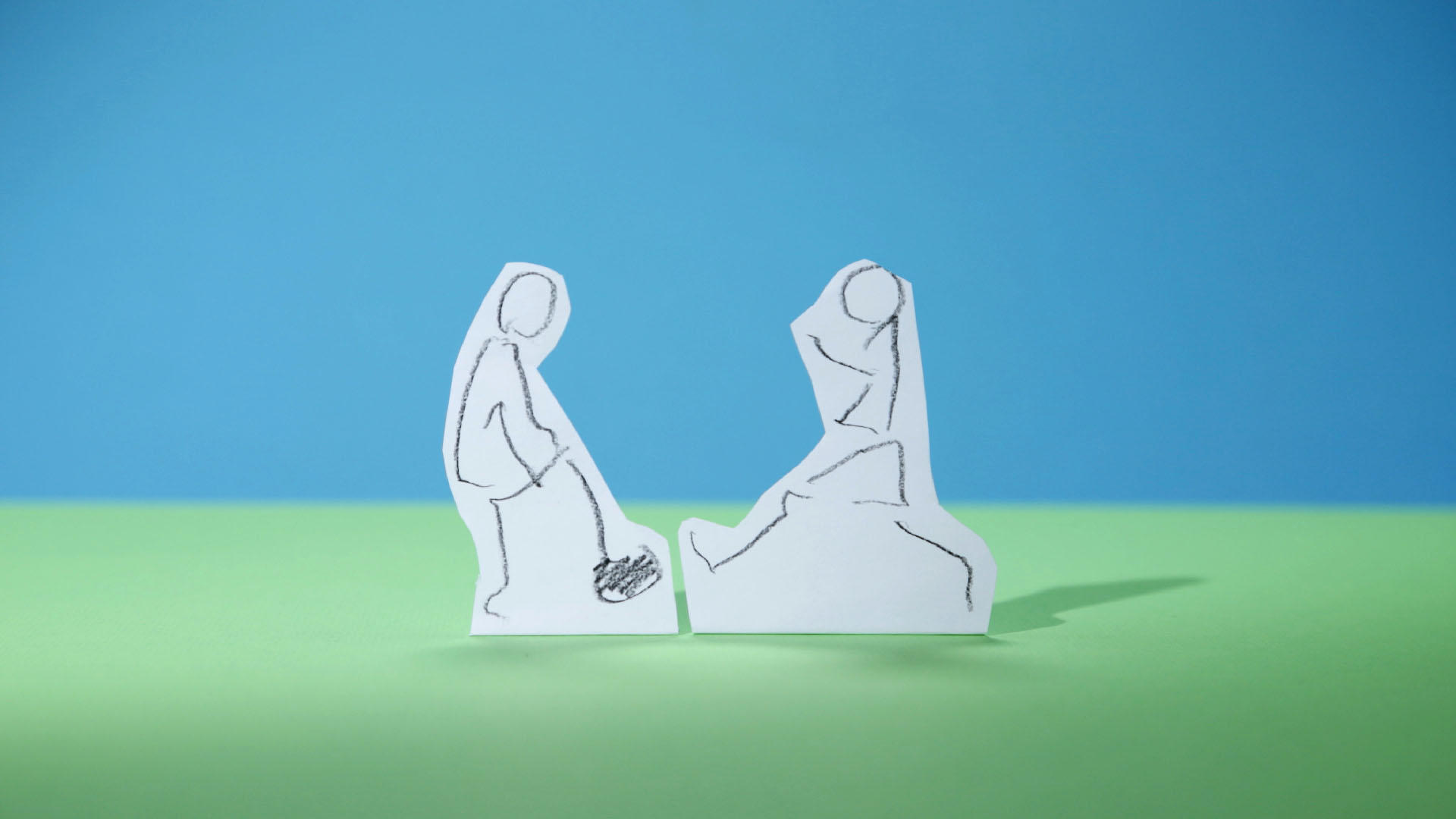
More
How children use a think tank to stop bullying

In compliance with the JTI standards
More: SWI swissinfo.ch certified by the Journalism Trust Initiative


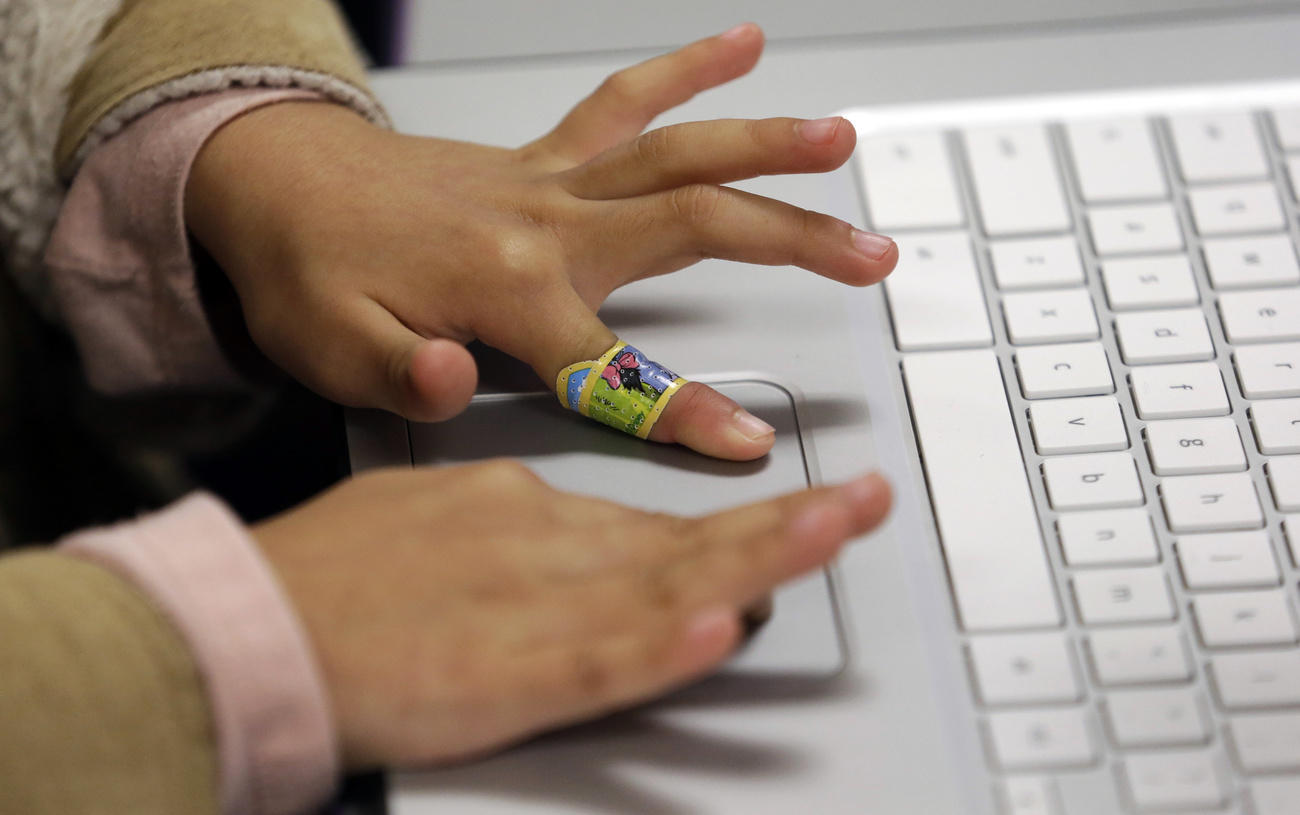
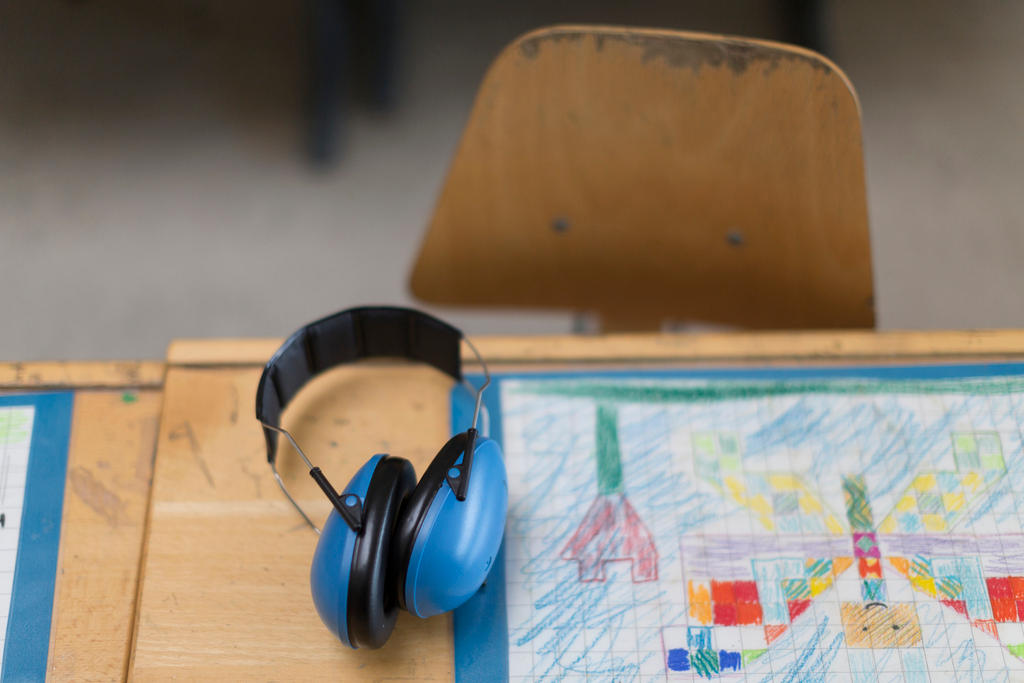
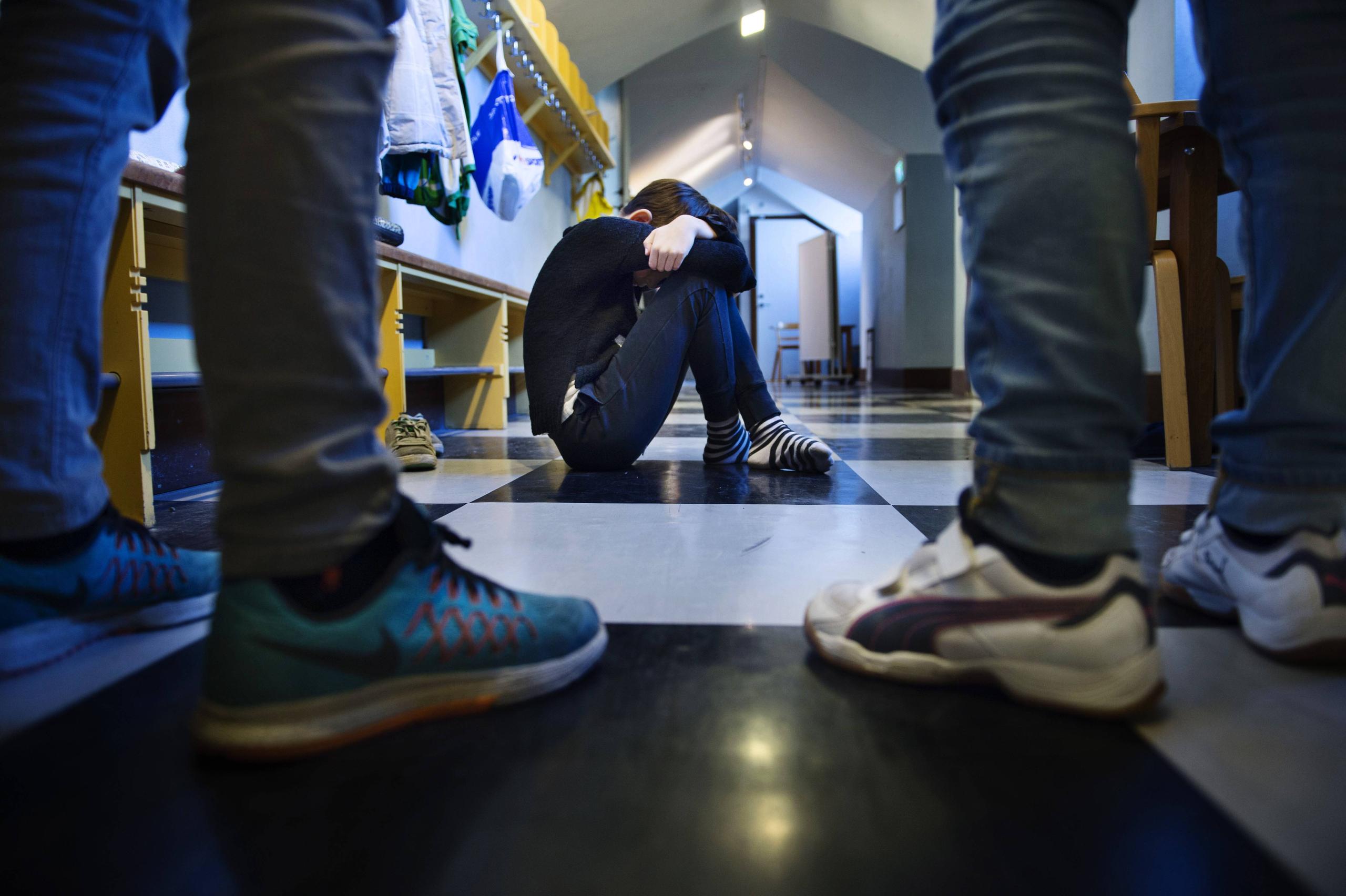
You can find an overview of ongoing debates with our journalists here. Please join us!
If you want to start a conversation about a topic raised in this article or want to report factual errors, email us at english@swissinfo.ch.